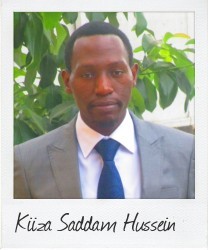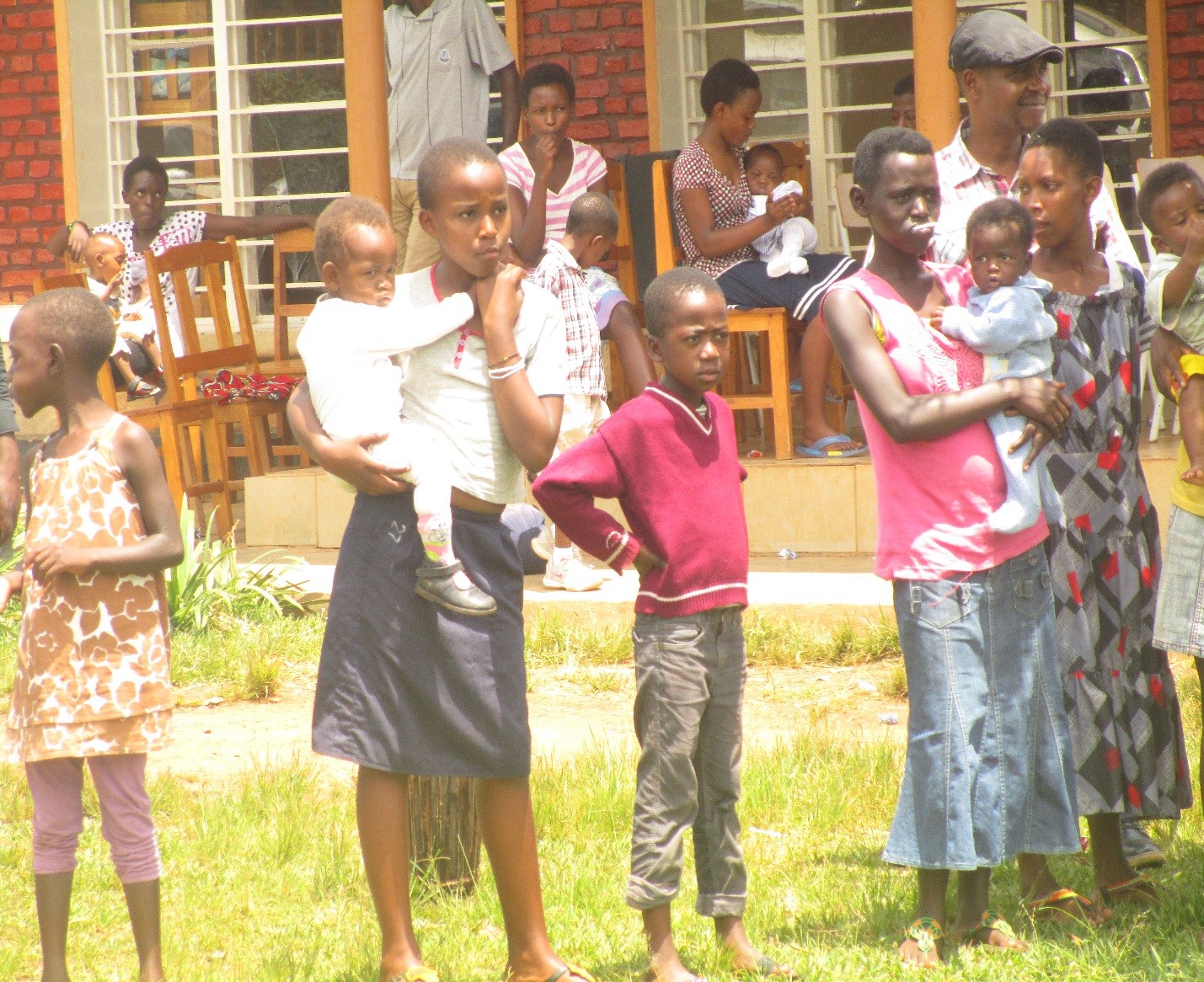“Concerted effort needed to help street kids”
July 22nd, 2017 The issue of street kids has earned the attention of government authorities and policy makers, yet it remains a growing challenge in African cities and towns, writes Kiiza Saddam Hussein, 26, a Correspondent who lives in Uganda and Rwanda.
The issue of street kids has earned the attention of government authorities and policy makers, yet it remains a growing challenge in African cities and towns, writes Kiiza Saddam Hussein, 26, a Correspondent who lives in Uganda and Rwanda.
When you talk to someone from western countries about street kids as an issue they might not understand you clearly, because in their countries street kids are not as numerous as in some Commonwealth African countries.
In Kenya, Uganda, Tanzania, Burundi and Rwanda the issue of street kids continues to pose a big challenge to city authorities and community members. Most of the street children are orphans, or from very poor families that cannot afford to support their children adequately. Among the street kids are young girls who are school dropouts as a result of teenage pregnancies while at school.
In order to survive on the streets these kids learn to beg or steal, which sometimes puts their lives in great danger. However, there some other risks that these street kids encounter, including girls facing a risk of being raped by infected men or boys learning to take drugs like marijuana and alcohol. All these put them at odds with the community, as they are seen as hostile and undesirable to community values. However, we forget that they are on the street as a result of family and community negligence.
If only all of us took the initiative of supporting such kids in attending school or give any kind of family protection, we would not be seeing the rising number of street children. Government authorities as stakeholders have a big role to play here. These kids should be removed from streets and taken to care home or schools where they can learn entrepreneurship skills or talents so that they can benefit their countries. In doing so the government will be reducing crime rates in the cities.
Civil society organizations can also intervene to address this issue, for example some organizations like Root Foundation in Rwanda and the Uganda Youth society for Human Rights in Uganda are doing exemplary work that everyone can emulate. They are picking up street children and taking them to different care centers and schools where those children are taught practical skills like sports, art, music and dance, and entrepreneurship skills.
As an individual you may not be have the capacity to do as these organisations are doing, however you can get involved by reaching out to those organisation and donate or volunteer with them so that they can continue profoundly changing our communities for the better.
You can hear more about the issue of street kids by clicking the video below.
Reach me on Twitter @saddamhusseink
photo credit: courtesy of Kiiza Saddam Hussein
…………………………………………………………………………………………………………………
About me: I am a lawyer by profession, with an established career in human rights and climate change activism. Ultimately I believe in the values of democracy and rule of law.
I serve as programs manager at Uganda Youth Society for Human Rights Organization. Throughout my life I have advocated for girl child rights, youth rights, women’s rights and climate action. I aspire to become a leading figure on the international level and to lead others in addressing global challenges.
…………………………………………………………………………………………………………………
Opinions expressed in this article are those of the author and do not necessarily represent the views of the Commonwealth Youth Programme. Articles are published in a spirit of dialogue, respect and understanding. If you disagree, why not submit a response?
To learn more about becoming a Commonwealth Correspondent please visit: http://www.yourcommonwealth.org/submit-articles/
…………………………………………………………………………………………………………………






